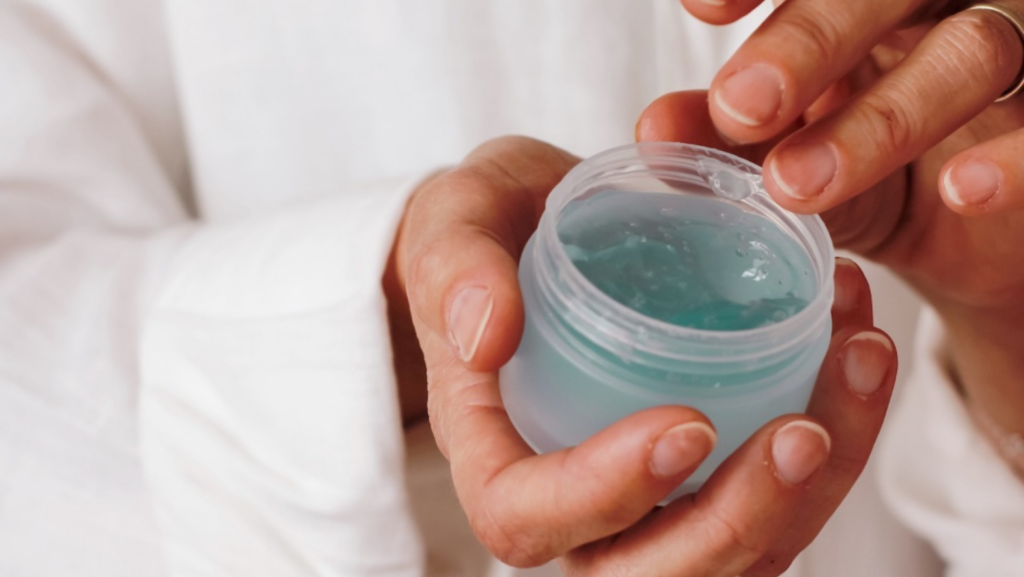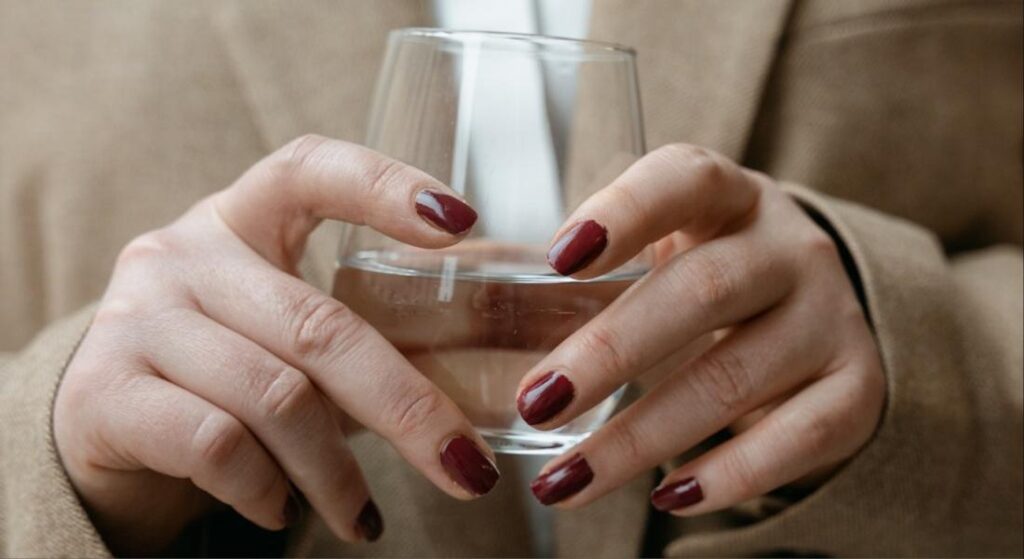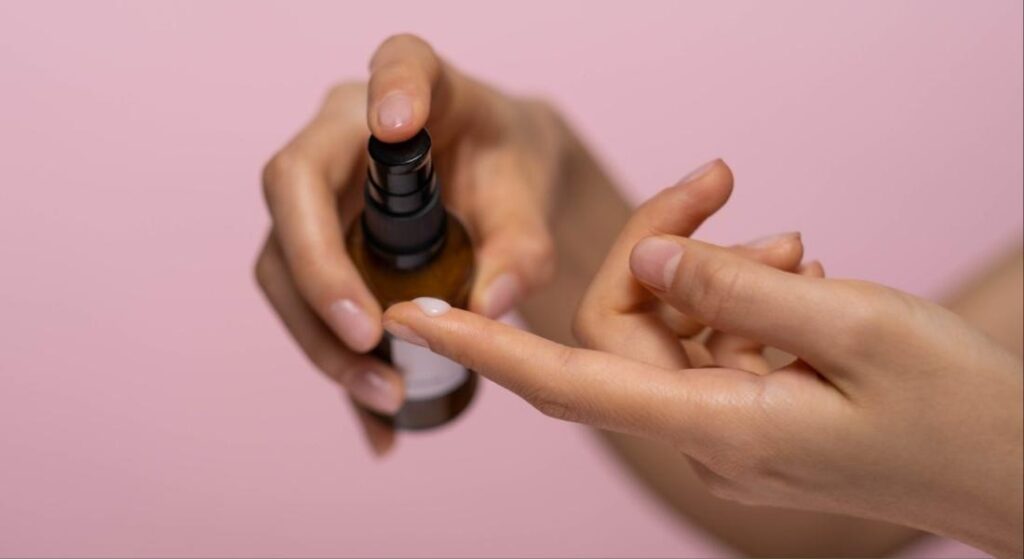Look radiant in your 50s with these low-maintenance skincare tips

The secret to ageless beauty in your 50s? These skincare tips | Photo by Nati Melnychuk on Unsplash
So, you’ve finally reached your golden years. At this point, “me time” and “self-care routine” are probably collecting dust at the bottom of your priority list. Understandable. After all, you’ve spent the last few decades selflessly juggling responsibilities that you couldn’t be bothered to spare a thought for yourself anymore.
The notion of “too old for that” most likely echoes in your head, too. (Trust me, I know. I once overheard my sister enthusiastically talking about some facial cream she bought for mom, only to be met by a deadpan “I’m too old for that.”)
Skincare doesn’t stop at a certain age. It merely evolves with you.
But here’s the thing: Self-care, especially skincare, doesn’t stop at a certain age. It merely evolves with you. Your skin has different needs and demands now—much like how you outgrew some things you liked in your 20s.
Now, before you start picturing elaborate Japanese and/or Korean skincare regimens, let me assure you that there’s a more practical approach. These low-maintenance and scientifically proven skincare tips will have you aging like a fine bottle of wine.
Stay hydrated, mother
If you’re the type to bring a trusty water flask everywhere you go, you’re on the right track. Water helps keep your skin plump and radiant—and a 2022 study can back this up. Its results suggest that “proper hydration may slow down aging and prolong a disease-free life,” which practically means water is the fountain of youth.

One of the most time-tested skincare tips: Drink your water | Photo by Mart Production/Pexels
It’s the elixir that helps maintain your skin’s elasticity, suppleness, and glow. So, don’t just reserve water for your plants or for washing down medication. Make it a habit to drink a few glasses (a.k.a. the amount of water your doctor recommended you should take) throughout the day.
But in case you need an extra boost of hydration, consider using hyaluronic acid-infused skincare products.
Sunscreen—your new amiga
This one is non-negotiable. The sun’s UV rays are among your skin’s worst enemies, and sunscreen is your best defense against their harmful effects (e.g. wrinkles, skin cell damage, hyperpigmentation, and skin cancer).
Sunscreen comes in all sorts of formulations—lotions, sprays, sticks, and serums. So, choose one that suits your preference and level of commitment.
In fact, several studies found that applying a broad-spectrum with at least SPF 30 before stepping outside—even when your destination is just the mailbox—can work wonders. Not only will it prevent the sun from wreaking havoc on your skin but it will also save you some cash in the long run (as you won’t need to invest in pricey procedures to undo the damage).
A little FYI: Sunscreen comes in all sorts of formulations—lotions, sprays, sticks, and serums. So, choose one that suits your preference and level of commitment. You might even want to consider purchasing a wide-brimmed hat and some oversized sunglasses for added protection.
Choose the proper actives
Alright, let’s dive into the more technical stuff, shall we? As you age, your skin’s cellular turnover slows down—which can lead to dullness, fine lines, and a general lackluster appearance. The solution? Skincare actives.

Achieve timeless radiance at 50 can come down to knowing the right active ingredients | Photo from Ron Lach/Pexels
For instance, retinoids encourage faster cell turnover. They trigger collagen production and reduce fine lines. Fair warning, though, they can be a bit of a diva. Retinoids can cause some initial irritation or flakiness, so it’s advisable to start with a low concentration before gradually working your way up. (Plus, don’t forget sunscreen if you apply retinoids during daytime; they make your skin more sensitive to the sun.)
A Harvard study also implies that in order to achieve optimal results, you have to be patient and consistent about it: “It takes three to six months of regular use before improvements in wrinkles are apparent—and the best results take 6 to 12 months.”
Moderation is key. Don’t go overboard and start slathering your face with a whole alphabet of vitamins and chemicals.
Another A-lister is Vitamin C. It doesn’t only fight off free radicals—a.k.a. those pesky troublemakers responsible for premature aging; it also helps fade age spots that seem to pop out of nowhere.
You may also like: Best Sunscreen Sticks for Sensitive Skin
But remember, moderation is key. Don’t go overboard and start slathering your face with a whole alphabet of vitamins and chemicals. Your skin might end up feeling like a science experiment gone wrong. Instead, introduce these ingredients one by one, and give your skin some time to adapt.
‘Beauty sleep’ is no myth
If there’s one thing you shouldn’t skimp on, it’s your beauty sleep. Think of it this way: Sleep is your body’s built-in spa treatment. It’s like a magical reset button for your skin—a time when it repairs and rejuvenates itself.

One of the best skincare tips you should follow is to get enough beauty sleep | Photo by Viktorya Sergeeva on Pexels
Your body releases growth hormones while you sleep—those that stimulate cell repair, collagen production, and overall skin renewal. So, if you’ve been thinking about binge-watching a historical drama late at night, consider your skin’s opinion on the matter. I’m pretty sure it would prefer a cozy bed over excessive screen exposure.
Now, if you’re having a hard time catching those ZZZs, why not create a relaxing bedtime routine? Sip on a cup of herbal tea, indulge in a chapter or two of that book you’ve been meaning to read, or simply close your eyes and imagine yourself on a tropical beach with a margarita in hand… your call.

